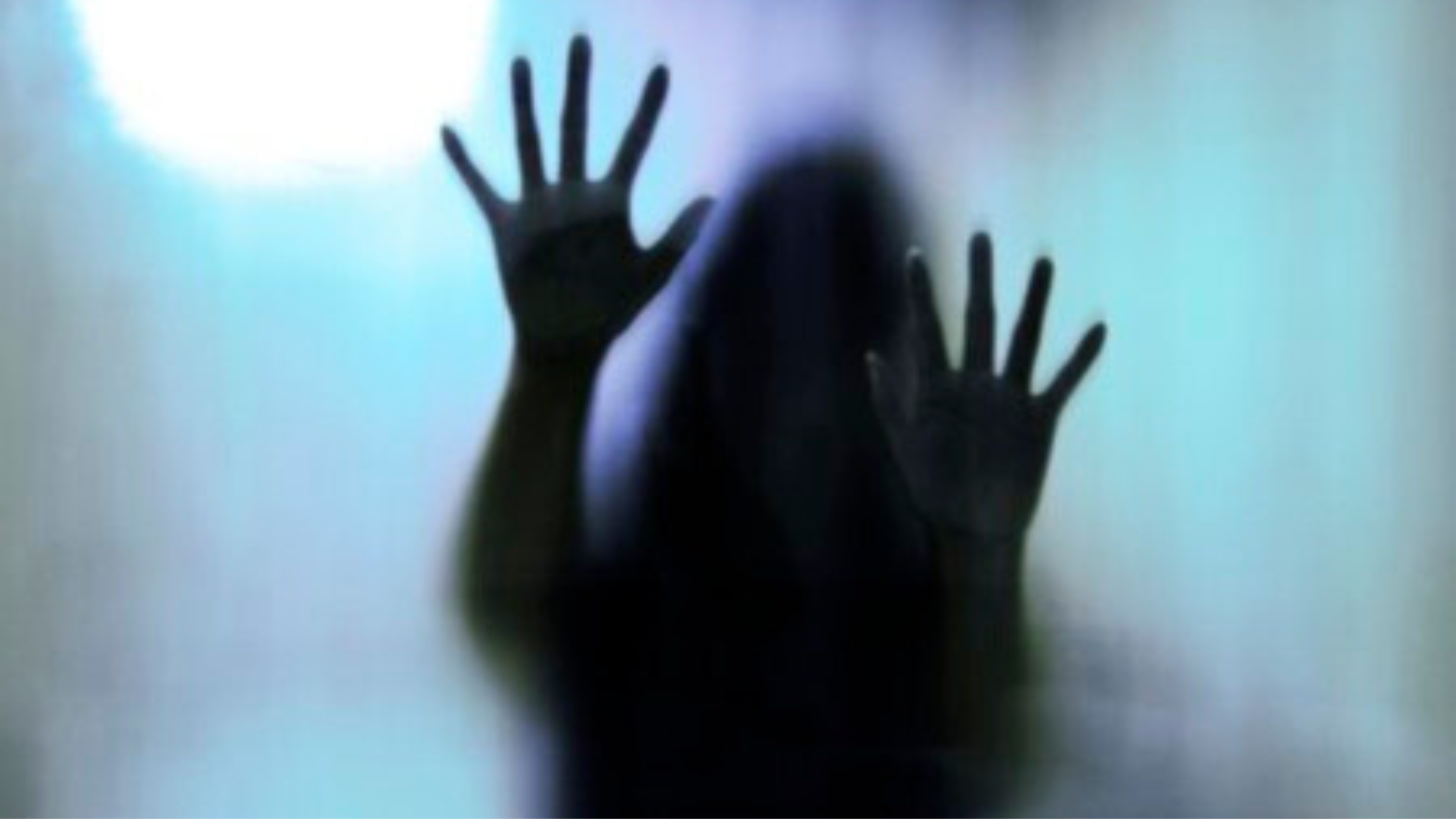Unicef: 3 of 5 PH kids experience violent discipline

Inquirer stock photo
MANILA, Philippines — Nearly 400 million children under the age of 5 — roughly 60 percent in that age group globally — experience being disciplined violently or in ways that harm them physically and psychologically in their own household, according to the latest estimates of the United Nations Children’s Fund (Unicef).
Most of these children, or about 330 million, experience physical punishment, based on the data released on June 11, which also marked the first-ever International Day of Play.
READ: At least 17,600 children suffered violence and abuse in 2023, says PNP
According to Unicef, more than two in three children in the majority of countries worldwide are subjected to violent discipline — either through “physical punishment” or “psychological aggression”—by their caregivers, who are usually their parents or other adult family members.
Psychological abuse includes screaming at a child or calling them “stupid” or “lazy,” and physical abuse includes shaking, hitting, spanking, or any action intended to cause physical pain or discomfort without leaving any visible signs of injury.
Article continues after this advertisementOne in four mothers and other adults taking care of children believes that “physical punishment is necessary to raise and educate children properly,” the data also showed.
Article continues after this advertisement2012 commitment
In the Philippines, Unicef estimates that around 20 million children—or 59 percent of the 33.4 million who are aged 1 to 14—have experienced violent discipline in the past month.
The numbers suggested that nothing had changed since the country, in 2012, committed to the international community to prohibit corporal punishment.
The latest Unicef data mirrored the results of the Philippine government’s National Baseline Study on Violence Against Children which was done in 2016.
The study showed that 60 percent, or “three in every five Filipino children, are experiencing physical and psychological violence in their homes, schools, and communities.”
In January this year, 8-year-old Yuri Canlaon of General Santos City died after taking a serious beating from his drunk father for refusing to buy him another bottle of liquor.
In August last year, 7-year-old Catherine Joy “CJ” Lloren of Manila died while being treated at a hospital after she was choked and punched in the head by her father for not returning his spare change and instead using the money to buy bread.
Lasting damage
“When children are subjected to physical or verbal abuse at home, or when they are deprived of social and emotional care from their loved ones, it can undermine their sense of self-worth and development,” Unicef executive director Catherine Russell said in a statement accompanying the data released on Tuesday.
“Nurturing and playful parenting can bring joy and also help children feel safe, learn, build skills, and navigate the world around them,” she added.
Unicef noted that even if more and more countries had banned corporal punishment of children in their homes, nearly 500 million children under the age of 5, including Filipino kids, remained without legal protection against such practices.
In the Philippines, corporal punishment is unlawful in the penal system, schools, alternative care settings, and daycare centers, but it is technically not prohibited in the home.
Under the 1987 Family Code, the rights and duties of people exercising parental authority over children include imposing discipline on them “as may be required under the circumstances.”
The 1974 Child and Youth Welfare Code affirms the right of parents “to discipline the child as may be necessary for the formation of his good character.”
Pending measures
Since 2007, several bills have been filed in Congress to ban corporal punishment at home.
In December last year, the House Committee on Welfare of Children approved a substitute bill to House Bill Nos. 8306 and 1269, promoting positive and nonviolent discipline at home, in schools, workplaces, and other institutions.
The bill calls for a ban on some actions such as forcing minors to kneel on stones, salt, or pebbles; making them squat; public humiliation; deliberate neglect of their physical needs; exposure to substances that can cause discomfort; imposing heavy tasks; sleep deprivation and verbal assaults.
The House Committee on Rules has yet to calendar the bill for its second reading.